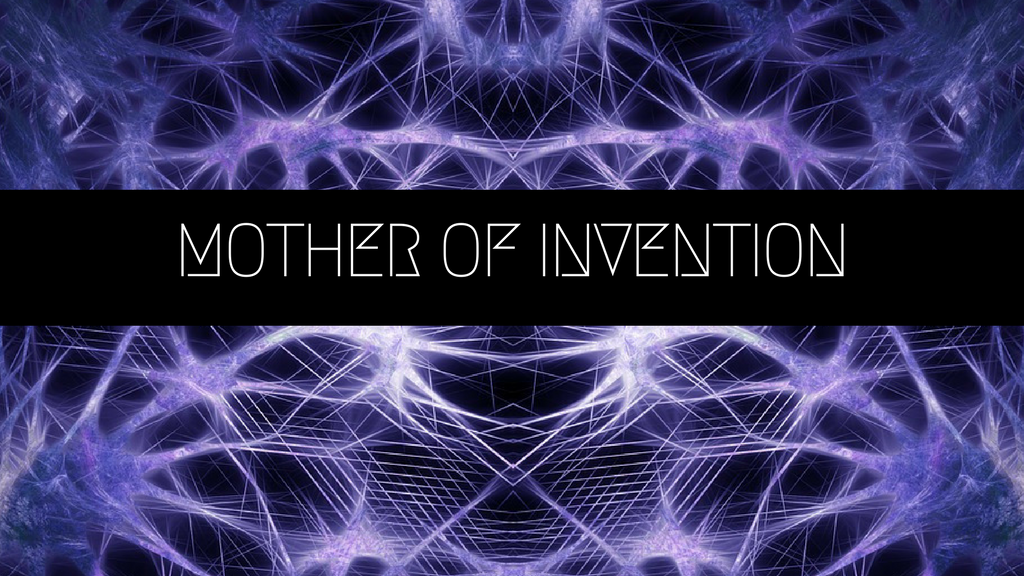My Superpower: Tansy Rayner Roberts

My Superpower is a regular guest column on the Skiffy and Fanty blog where authors and creators tell us about one weird skill, neat trick, highly specialized cybernetic upgrade, or other superpower they have, and how it helped (or hindered!) their creative process as they built their project. Today we welcome Tansy Rayner Roberts. My superpower is making extra work for my publisher. When your publisher is one of your best friends, and you’re invested in her success almost as much as your own career, it’s a very different relationship than when they are a distant, shiny corporation in a big city somewhere in the world. I’ve had quite a few publishers over the last 19 years as a professional author, and I am very attached to many of them, but Twelfth Planet Press feels like my baby almost as much as it belongs to its publisher, Alisa Krasnostein. I’ve been there from the beginning; watched her projects and aesthetic evolve. I was there as the idea for ‘hey what about monthly collections by female authors’ developed into a massive, sprawling 4 year project.
The Intersection: AI and Creator-bias

Today’s post isn’t about science fiction exactly, but we’ll file it under “thoughts that inspire science fiction” and vice versa. Ask a professional scientist if observer bias exists, and they’ll say yes. Medical science alone has many examples of what happens when bias is ignored. It affects medical practice in dangerous ways. Until recently, drug testing was almost never conducted on women. The reasoning was that women have “hormone fluctuations,” and the male-dominated medical industry wanted a pure data-baseline. Society believes that male is default for human. So, the establishment assumed that whatever is safe for men is safe for women and never looked back. Of course, the failure in logic here is that if a drug’s effectiveness is adulterated enough by female hormone fluctuations that it alters the end data, how could they have missed that this also meant this interaction could change its efficacy on the patient? Or to put it another way: How could they possibly know whether or not the drugs were, in fact, safe for women if the drugs aren’t tested under conditions with shifting hormones — the very conditions under which the drug was being used? This isn’t the only example.[1] And medicine isn’t the only science to suffer because of unexamined bias. And here is where we begin our discussion of AI.

